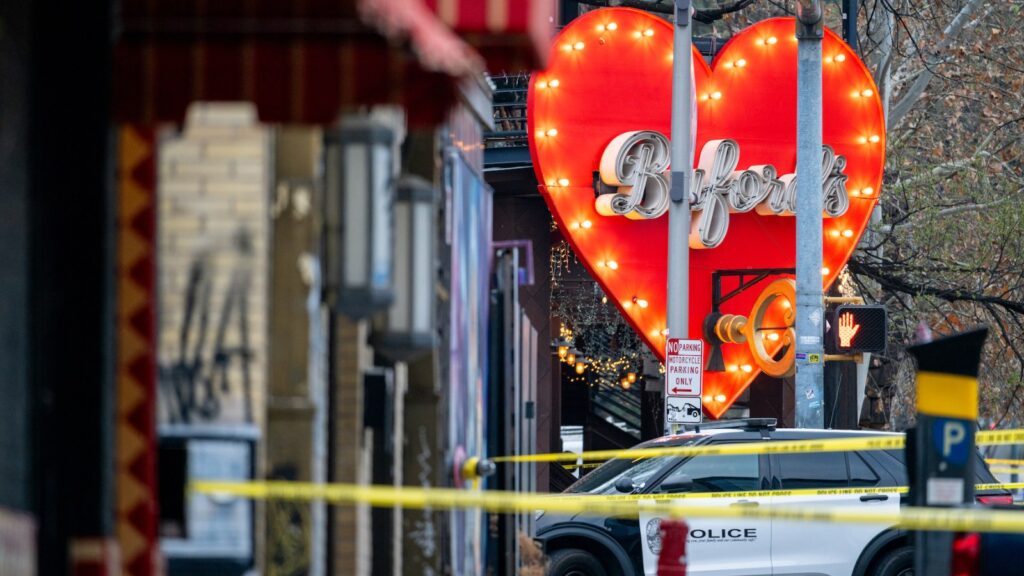Danny Masterson Attacks Rape Victims in New ‘Oversized’ Appeal Brief
Danny Masterson submitted a massive, admittedly “oversized” appeal brief in his California rape case Wednesday that challenges the credibility of his victims and claims a series of trial court errors “requires” the reversal of his 2023 conviction.
The 246-page filing, obtained by Rolling Stone, has yet to be accepted by the state’s Court of Appeal, but it lays out the arguments he believes are his best shot at overturning his two forcible rape convictions and sentence of 30 years to life in prison. (If the court denies his request to extend his word limit, the brief will be edited down, his appellate lawyer Cliff Gardner tells Rolling Stone. As it stands, the brief is 59,850 words. The limit was supposed to be 25,500.)
Gardner, whose other clients include Eric and Lyle Menendez, shared the brief on his website along with a statement claiming he was working “toward Danny’s complete exoneration.” He claimed the state’s prosecution of the actor best known for his role on That ‘70s Show had “two fundamental flaws.”
“The trial was rife with erroneous judicial rulings that skewed the jury’s view of the evidence against him, and there was a stunning amount of exculpatory evidence which was never presented to the jury,” Gardner said in a statement. He added that a separate petition known as a writ of habeas corpus would be filed soon by a different appellate lawyer and would document “additional defects in the trial process” while requesting Masterson’s release.
Masterson, a prominent Scientologist, was charged in 2020 with forcibly raping three women on different occasions during the height of his sitcom fame in the early 2000s. An initial trial ended with a hung jury, but the follow-up jury found him guilty of raping two of the Jane Does. Both trials included emotional testimony from the three women. They all said Masterson drugged them before forcibly raping them. They were practicing Scientologists at the time and testified that Church of Scientology officials protected Masterson.
In his new appellate brief, Masterson alleges the two women had “evolving” stories that “changed dramatically over the years.” He claims that while one of the Jane Does reported her rape to police in 2004, it wasn’t until 13 years later that she claimed “for the first time” that Masterson displayed a gun during her attack. (At trial, the Jane Doe testified she told police many details that officers allegedly neglected to include in their reports. Police did record Doe’s initial police interview, but investigators lost the recording by 2020.)
Masterson also argues in his brief that the trial court erred when it excluded evidence that the Jane Does had a “strong financial incentive” in obtaining criminal convictions for forcible rape. “The trial court excluded evidence showing that if the complaining witnesses obtained forcible rape convictions against Mr. Masterson, state law would provide a new, one-year window within which they could file rape-based causes of action, entitling them to a dramatically greater damage award than the existing lawsuit for harassment damages. And predictably, within one year of the criminal verdict, both (Jane Does) moved to amend their pending lawsuit to do just that,” Gardner and his co-counsel, Lazuli Whitt, wrote in the new brief.
“It is true, of course, that a defendant is not entitled to a perfect trial. He is, however, still entitled to a fair one,” the lawyers said.
The civil lawyers now representing the Jane Does in their pending lawsuit did not immediately respond to a request for comment from Rolling Stone. During the two criminal trials, the women’s testimony was presented alongside testimony from other women who also alleged Masterson sexually assaulted them.
Prosecutors also addressed the issue of alleged differences in the women’s accounts at various times. They told jurors that it was an “extremely unrealistic standard” to say victims must remember and recite everything in their first police interview. They argued that if someone later asks a question that elicits new information, that doesn’t mean the victim is a “liar.”
Masterson, 48, filed his notice of appeal in November 2023. His appeals team received a scolding from his trial court judge earlier this month after jurors on the second trial reported they were contacted at their homes or jobs and felt “pressured” to speak with Masterson’s representatives.





